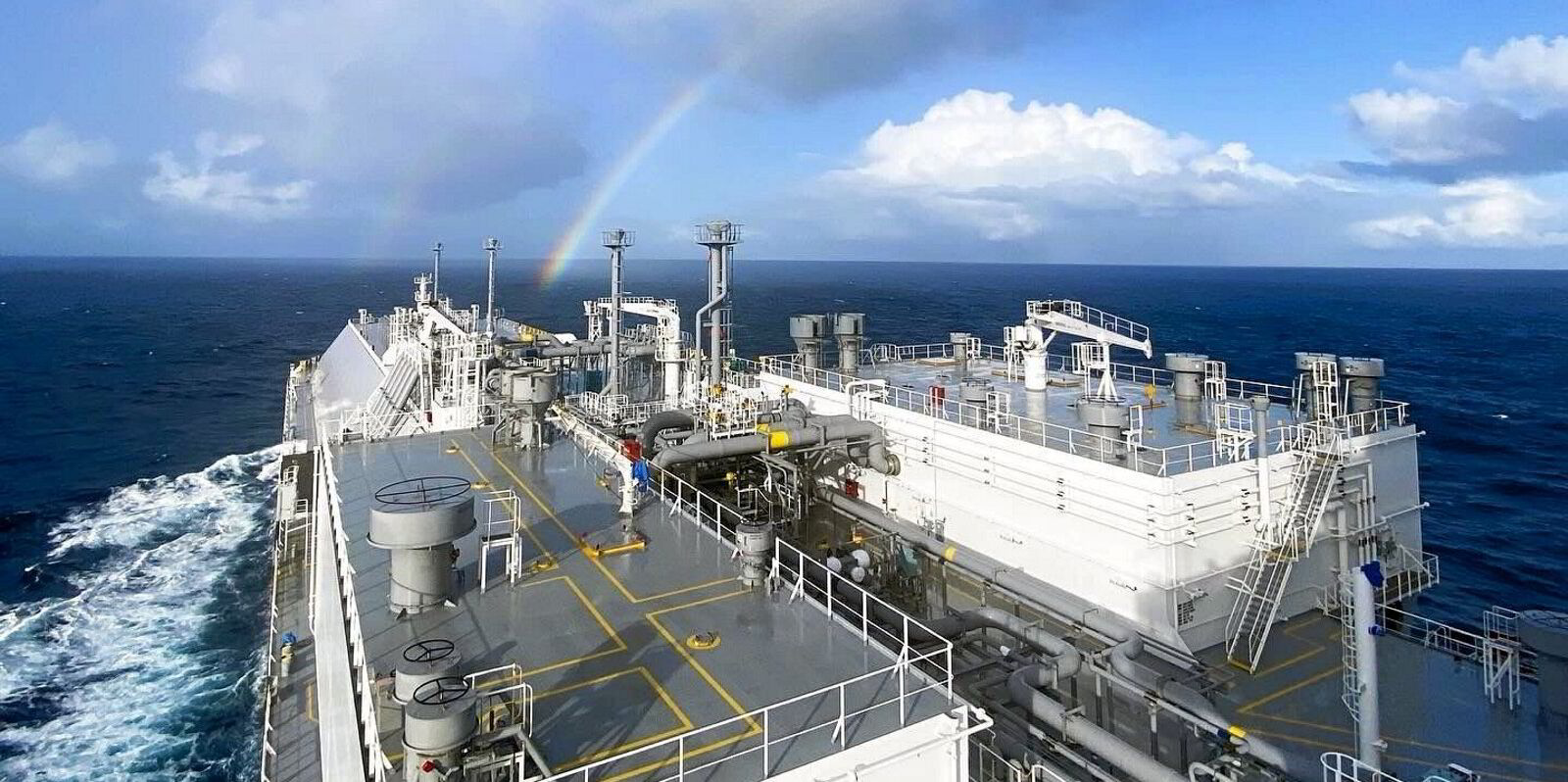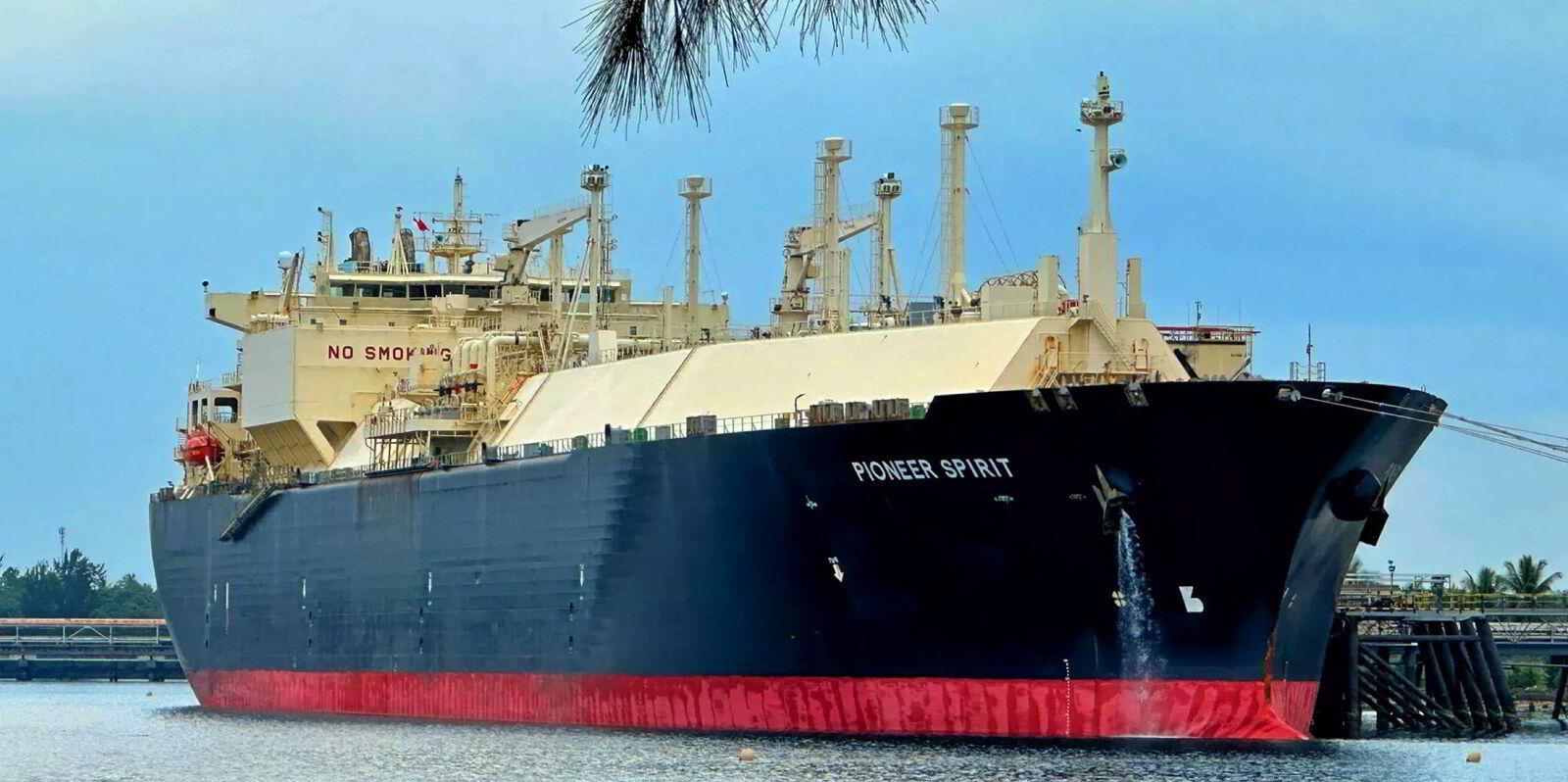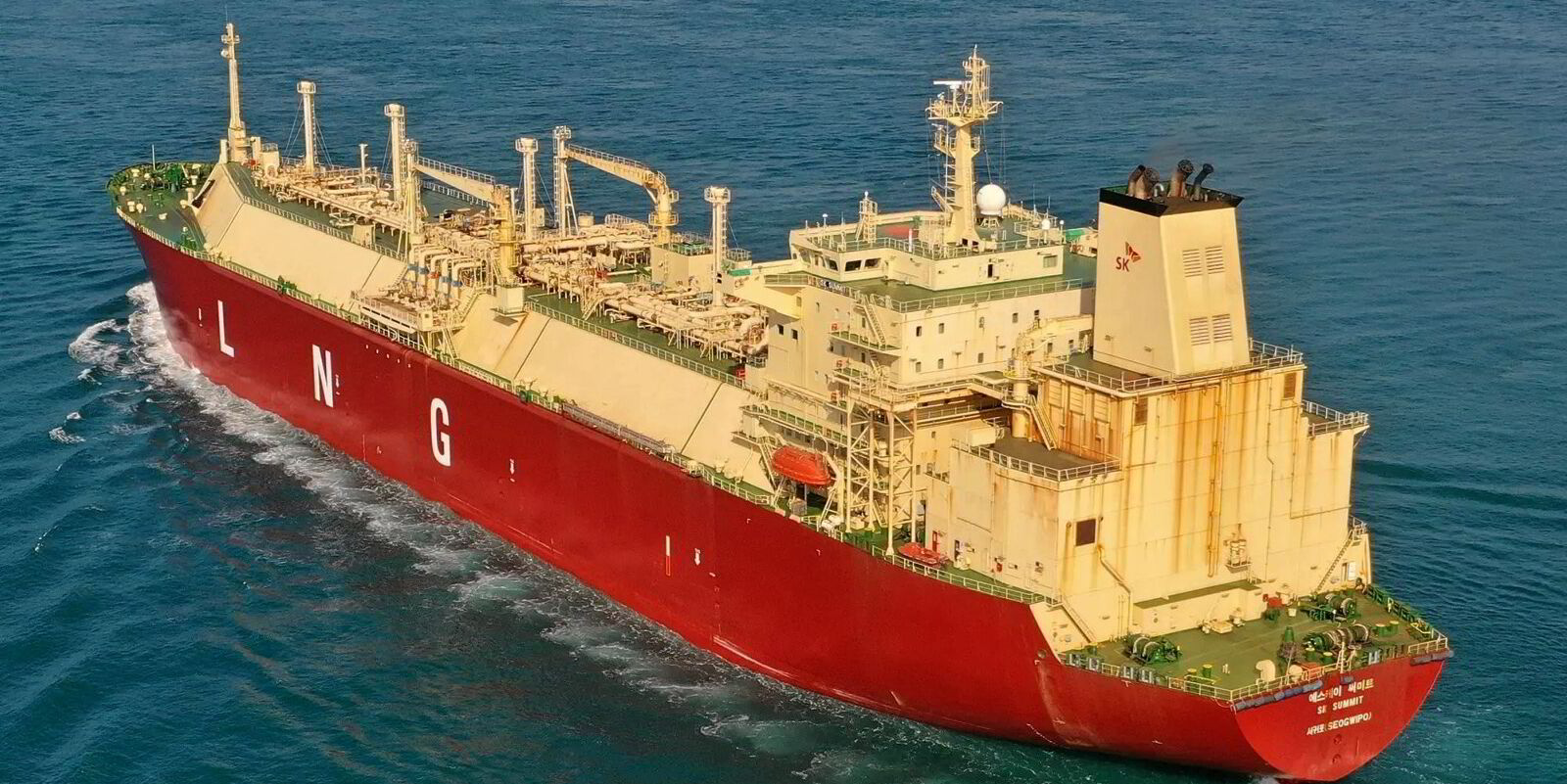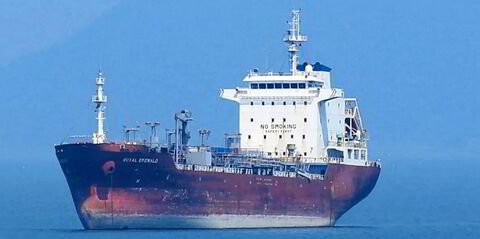Whatever is going on in LNG shipping?
It is almost November and aside from the odd fixture flurry, spot charter rates across all vessel types appear to have sunk like a stone to unseasonally low levels at a time when they normally reach their highest levels for the year.
Brokers are pegging rates in the Atlantic basin for modern two-stroke LNG carriers in the daily range of $20,000 to $30,000, with rates for tri-fuel diesel-electric ships equating roughly to operating expenses and steam turbine ships attracting close to zero.
It is a bit of a shocker for LNG owners and operators who have become accustomed to rates shooting up well into six figures with the approach of the usually busy demand season ahead of winter.
To counter this, in the past few years, portfolio players have chartered in vessels on period hire to give them cover for demand spikes, with the result that little tonnage is left in the hands of independent owners and operators.
But not this year, it seems.
Spark Commodities chief executive Tim Mendelssohn said: “Global LNG freight rates continue to fall to their lowest level in the last five years for this time of year, driven by increased vessel availability and lower tonne-miles as vessels stay within the basin.”
Warm weather in Asia and Europe is adding to the downward pressure on rates.
“This winter market comes down to the inter-basin arbitrage and the weather,” Fearnley LNG said.
Incredibly depressed
It calculates that even with a sustained open arbitrage, the rapid fleet growth and lack of help from the cargo market mean rate jumps will not be anywhere near as big as those in the past few years.
This week, charterers were gleefully heard telling owners that only the climate phenomenon La Nina — which can bring colder winters in Europe — could save them now.
But the picture is complicated.
SSY managing director of LNG Toby Dunipace said: “Considering the time of year, it is too soon to rule out a winter recovery completely. But the current market conditions are incredibly depressed for LNG shipping, especially in the Atlantic, where rates continue to tumble week on week.
“There is a fundamental oversupply of shipping, which is in the hands of the portfolio players.
“Unlike previous years, where these market participants were reluctant to release tonnage to increase trading flexibility, so far this winter, they are being very aggressive in an effort to avoid idle time and keep their vessels employed, either through aggressive bids for free-on-board cargoes or chartering out at ever-lower rates.
“Independent shipowners who do not have the option of purchasing cargoes to utilise their vessels are perhaps suffering even more.
“This is the current depressed reality we are faced with. But a cold winter in the Far East could yet facilitate a recovery.”
Howe Robinson Partners said: “These spot rate levels are the lowest seen during the winter period for two-stroke tonnage.”
The shipbroker noted some unique aspects in today’s market: two major global conflicts, the Suez Canal a no-go area for LNG carriers, vessels body-swerving the Panama Canal due to earlier disruptions, a more diversified ownership and ship deliveries running ahead of new LNG projects, some of which are delayed.
“There is likely to be a bumpy road ahead for the next 18 months,” it added.
Not everyone regards the rate slump as entirely negative.
One owner said some charterers could have taken a position on their sublets, leaving them short on shipping and vulnerable if the market suddenly turns on any geopolitical shock.
He withdrew his initial comment that the LNG market is “screwed up”, but said it has grown and is not very transparent. “We’ve never seen it behave like this because we have never had this kind of market.”
On a long-haul flight home from Japan, the ever-upbeat Flex LNG chief executive Oystein Kalleklev said: “It seems like Christmas has been cancelled for LNG shipowners this year, with only coal in their stockings despite owners being on their best behaviour.
“We are not too surprised, as a lot of ships were due for delivery this year while [LNG] volume growth is muted.”
Kalleklev said Flex had stayed out of the spot market this year, instead fixing one of its vessels on a term deal.
But he added: “However, looking at the glass half full, finally we can have a bit acceleration in the retirement of steam tonnage, which is long overdue.”






